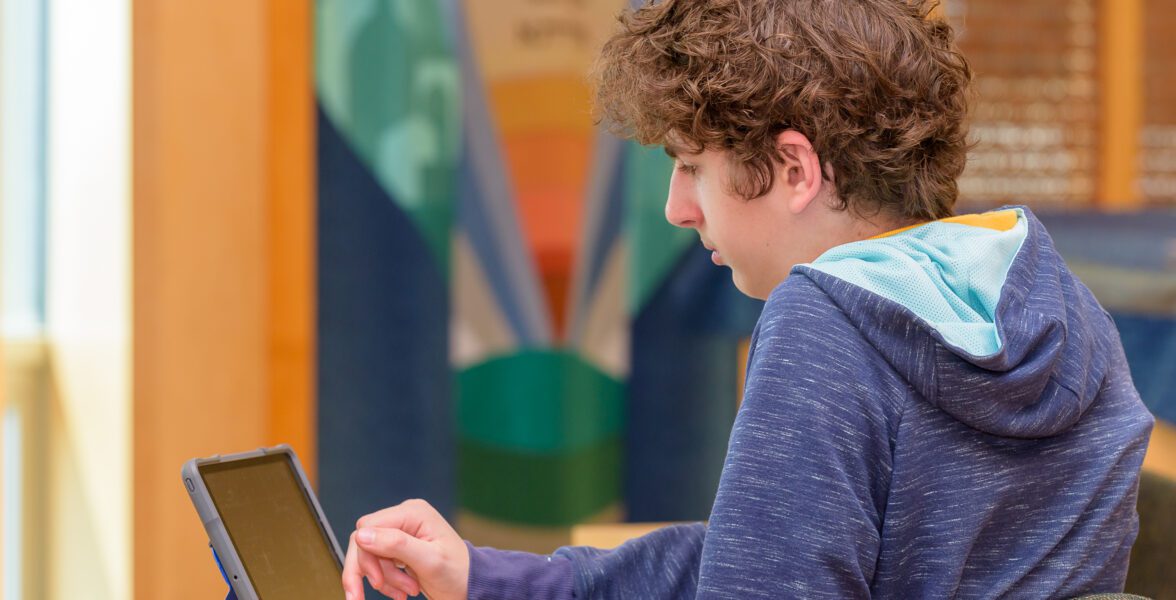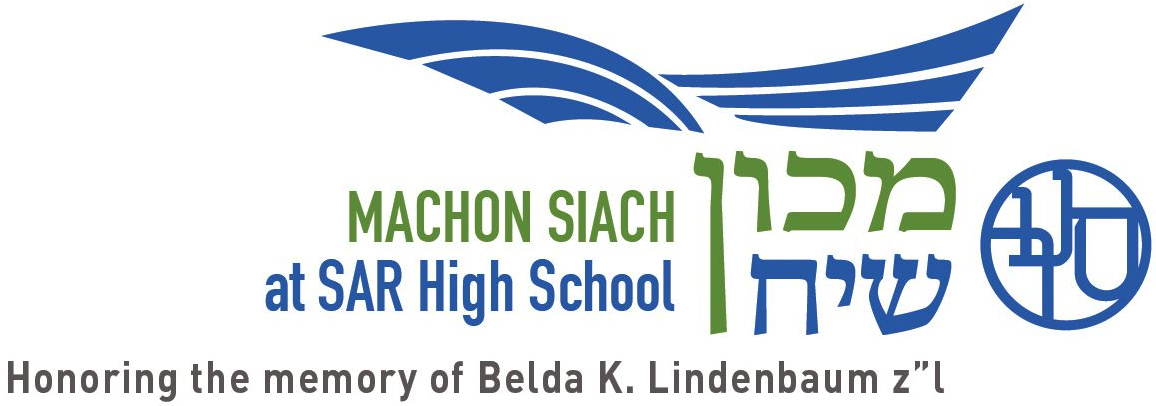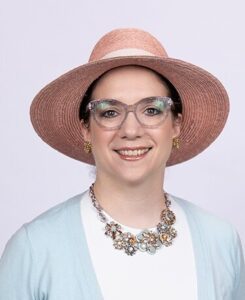
Keeping On Keeping On, for Our Kids’ Sake
The introduction to the sefer Ein Yaakov shares a version of a midrash in which a number of sages debate the most important pasuk in the Torah. Various sages offer promising candidates: “Hear O Israel, the Lord your God, the Lord is One”: “And you shall love your fellow person as yourself.” But the final pasuk quoted in the introduction to the Ein Yaakov, adduced by Ben Pazi, is “The first lamb you shall sacrifice in the morning and the second lamb you shall sacrifice in the evening.”
This is such a famous teaching (although, interestingly, we do not have a source for it in the midrash outside of the introduction to the Ein Yaakov) that you’ve likely heard it before. The point of this teaching is that it’s not enough to serve Hashem in the obvious and high-point moments: the dramatic recitation of Shema, the declaration of “na’aseh v’nishma,” the exhortation to love our fellow Jew. Our service must also be evident in showing up—in consistency, in repetition, in finding new meaning in things you’ve done before.
This important teaching about steady, stable behaviors brings me to the 2023 survey of the emotional well-being of Modern Orthodox adolescents, their connections to school and family, their connection to Judaism, and their choices regarding drugs, alcohol and other antisocial behavior. When we first conducted this survey, it was novel and different; this time, it reflects the value of continuing to learn by engaging in repeated practice.
In 2019 and 2020, Machon Siach at SAR High School undertook the largest study ever done of those questions, gathering data from 10th and 12th graders across 20 schools through the Prevention Needs Assessment. The data were fascinating, sometimes thought-provoking, and sometimes downright disturbing. We learned, among other things, that our community’s teenagers have a binge-drinking problem, drinking alcohol at a higher rate—and not including as part of religious ritual—than their non-Jewish peers who answered identical questions. Then COVID happened, and normal life was disrupted; educators and rabbis had more immediately pressing problems than the long-term issues of our adolescents’ healthy behaviors.
When schools’ COVID protocols were lifted and education had returned to pre-COVID normalcy, and we reached out to schools to ask them to administer this survey, they asked an obvious question: Why do this again? We had gone through the logistical and organizational headaches, gotten the survey data, learned a lot from them, and even begun to implement important interventions to address some of the problems that the data revealed. Why disrupt the routines of so many schools—and thousands of kids—to gather data again?
But Ben Pazi’s lesson is that there are things that can be achieved by consistency, by keeping at it, that can’t be achieved by one high moment, however dramatic and however great its impact. That first survey was attention-grabbing and important. But if we are going to do the slow, difficult work of changing communal culture, improving family management, better aligning what we do in school with what we hope for from our kids, and supporting teenagers in making better choices, we need to consistently work at this, for a long time. We need to find meaning in the patina of repetition, not just the gleam of the new.
Ultimately, 17 schools agreed to conduct this important survey again. And when we reviewed the data, they were very meaningful, both for the areas where they showed consistency and the areas where they showed change.
In May, we convened the leaders of 12 yeshiva day schools at Machon Siach at SAR High School to share the results of the survey and to discuss next steps: In what ways should we intervene to address the problems that we see among our Modern Orthodox students? The school leaders considered what to do with the data beyond saying, “Wow, that’s interesting” or “How upsetting.” Participants from four other schools in addition to SAR—Ma’ayanot Yeshiva High School, Yeshivah of Flatbush, Rae Kushner High School and Barkai Elementary School—shared their experiences implementing the parenting intervention called Guiding Good Choices, meant to address some of these issues. And we invited other schools who have not yet offered GGC to consider whether this profoundly impactful program might also help their families and their students.
The problems that the survey highlighted—the problems that led us to conduct the survey in the first place—are not going to be solved through quick fixes or short-term solutions. We need consistent work, over a long time, without losing focus or energy. More than that, we will need to continue to find new excitement in and inspiration for doing the same thing over and over again, confident in the impact of our long-term efforts and the importance of the issues we are trying to address.
It’s hard to muster the same excitement for biennial surveying that we had for the first administration of this survey. It may be difficult to maintain the same level of engagement for continuing work past year five (which we are now approaching), and even past year 10, and beyond. But that is what Shimon Ben Pazi teaches us: the ability to commit consistently to doing important work, to find meaning in it beyond the inherent excitement of the new, is the most important teaching in the Torah.
Dr. Rivka Press Schwartz serves as director of research and program development at Machon Siach and Associate Principal, General Studies at SAR High School, and as a research fellow at the Shalom Hartman Institute of North America. She earned her Ph.D. in the history of science from Princeton University.
About Machon Siach: Machon Siach was established in 2015 with a legacy gift from Marcel Lindenbaum, z”l, honoring the memory of his wife, Belda Kaufman Lindenbaum, z”l.



